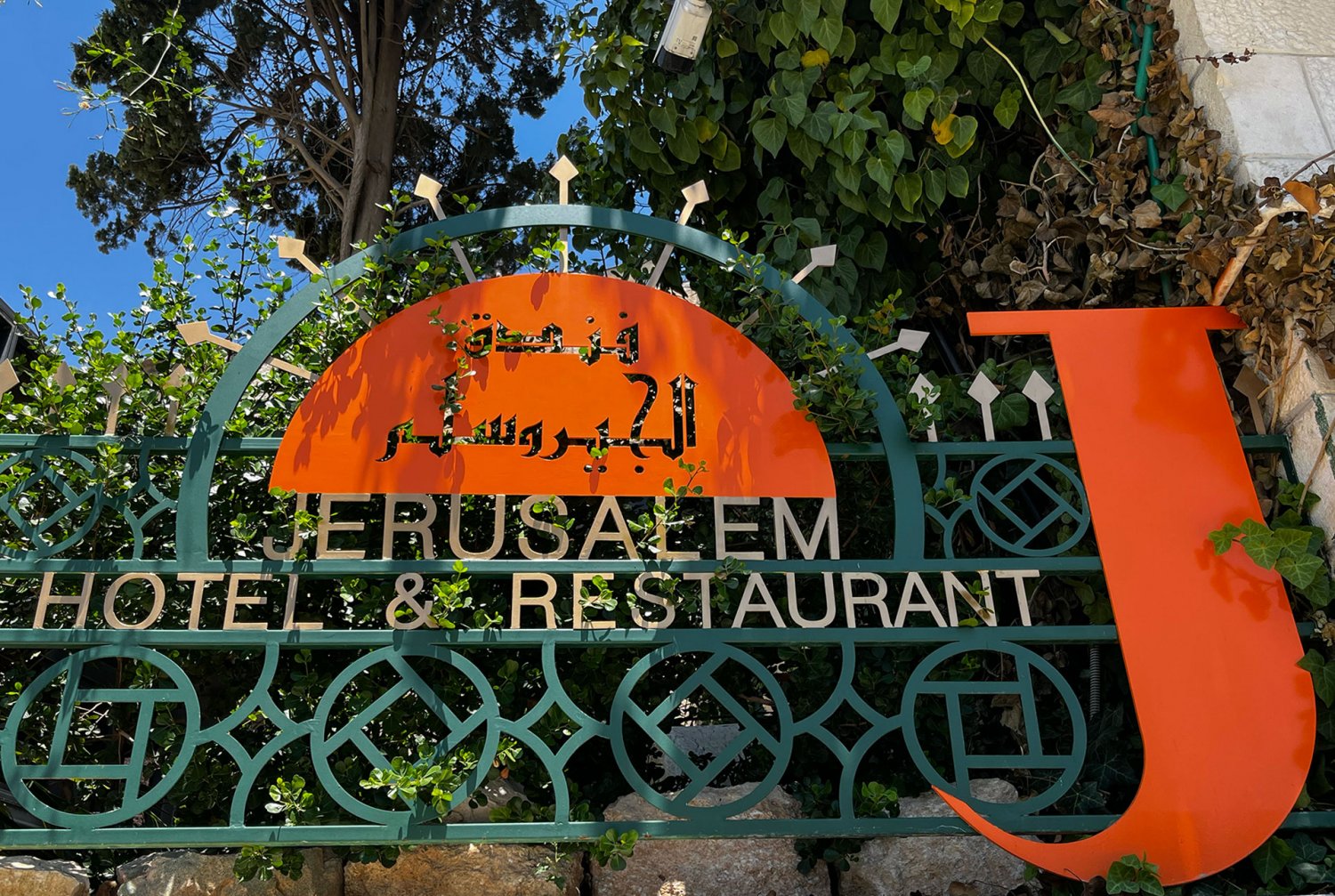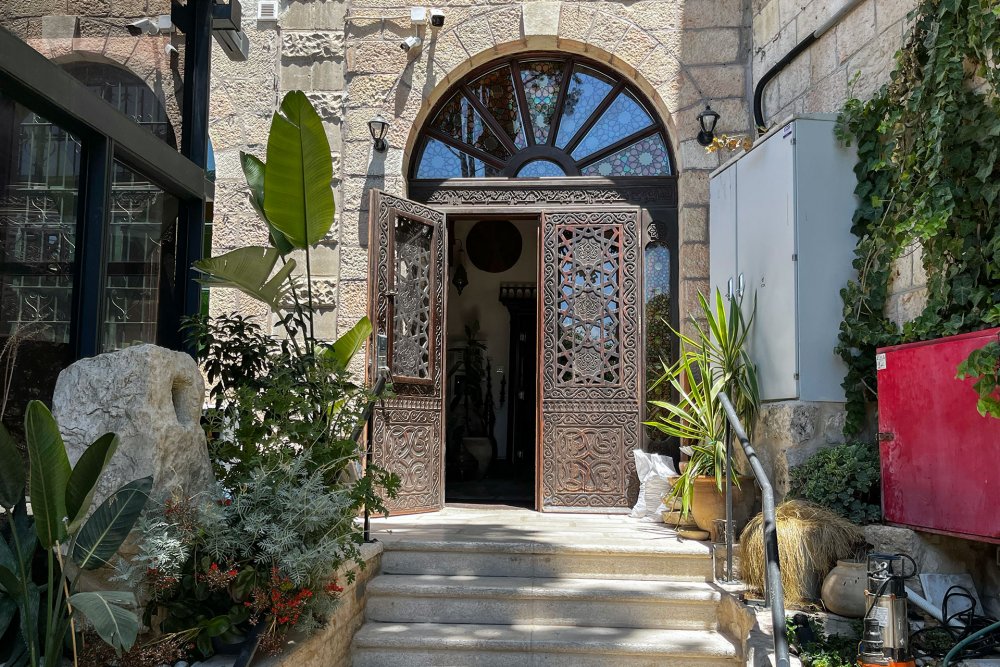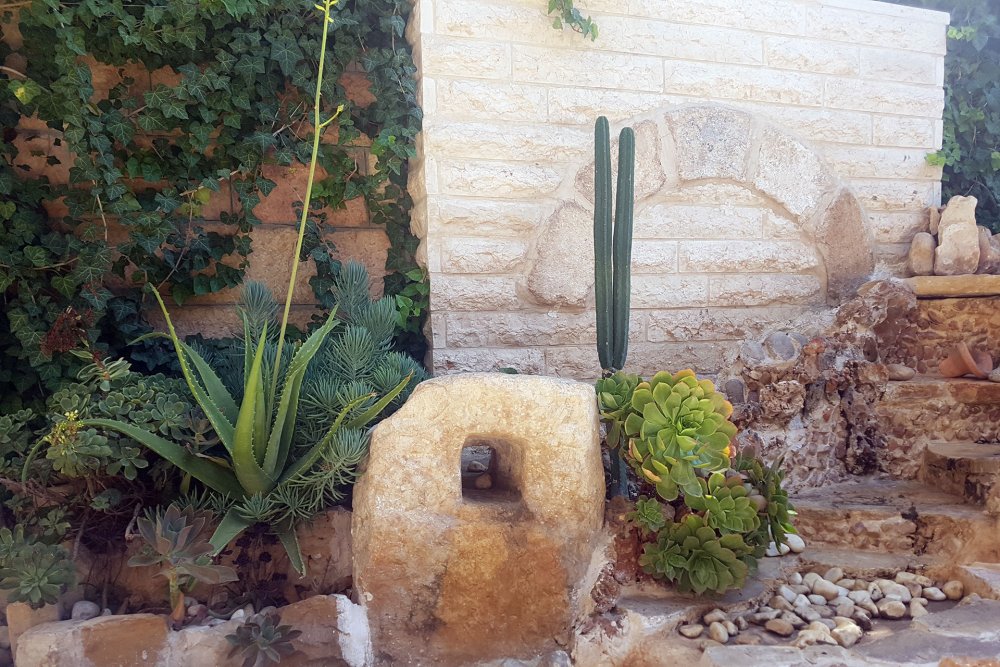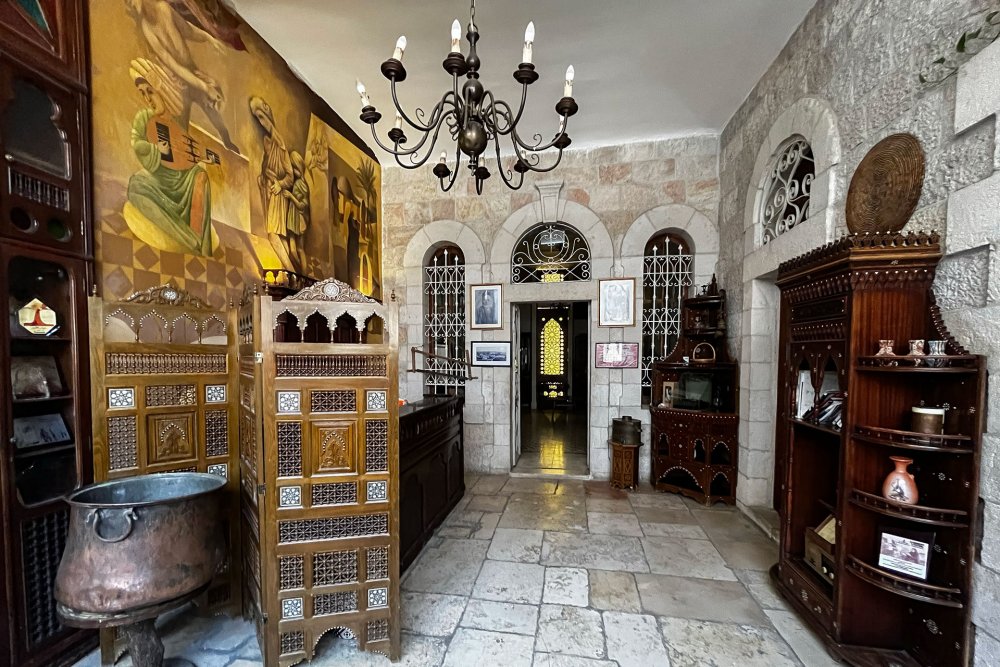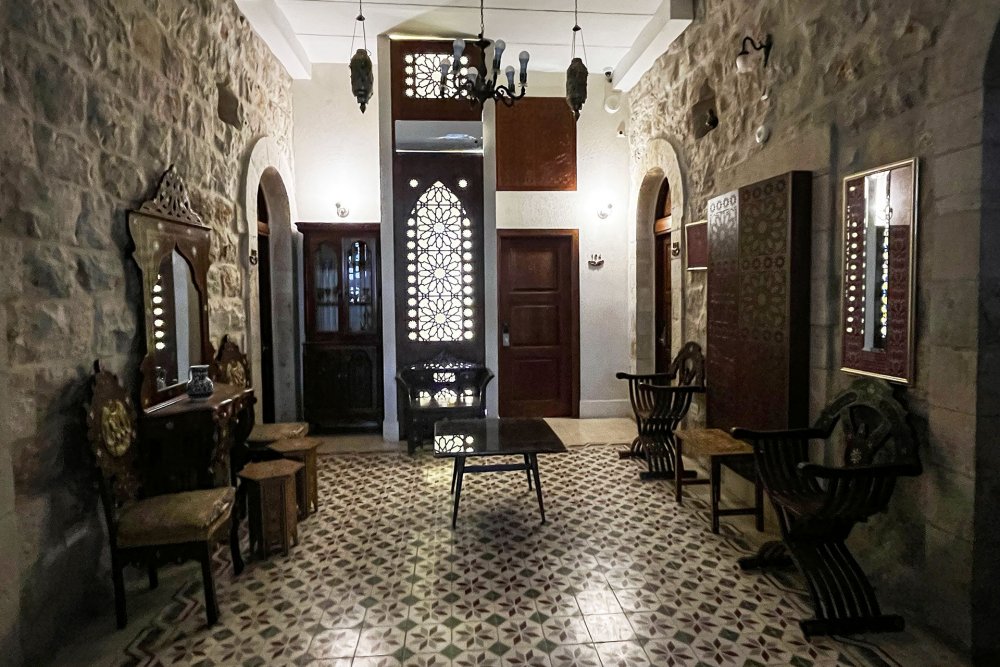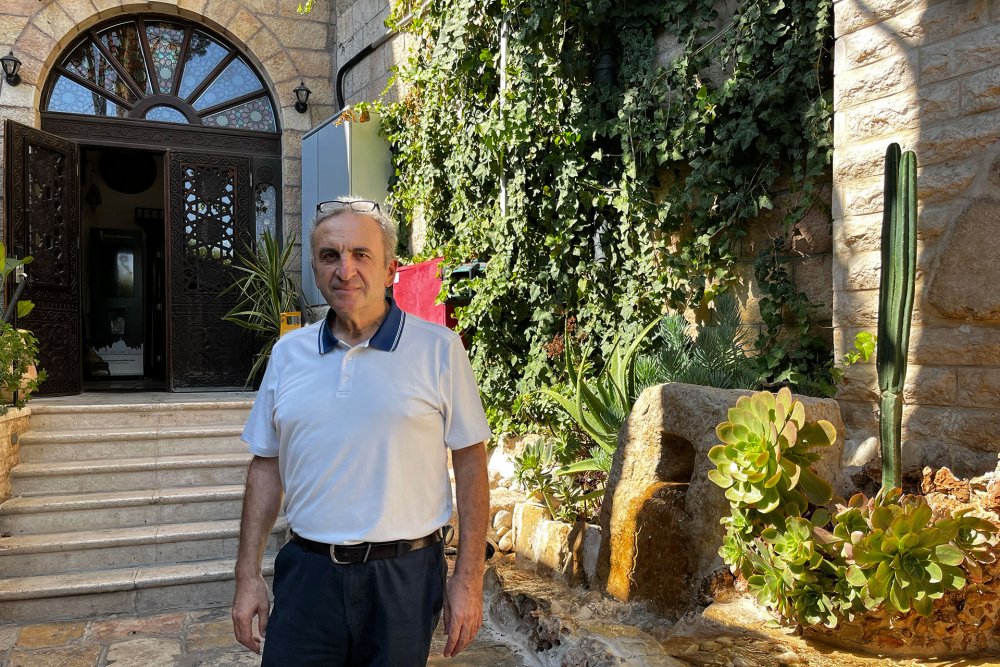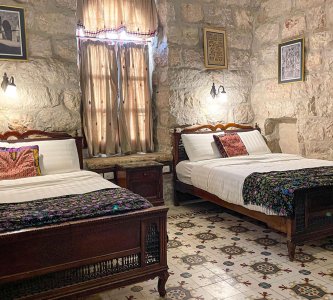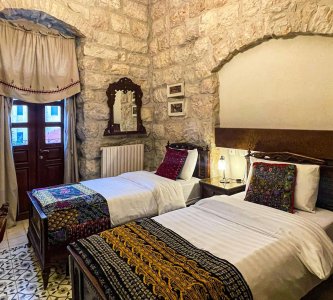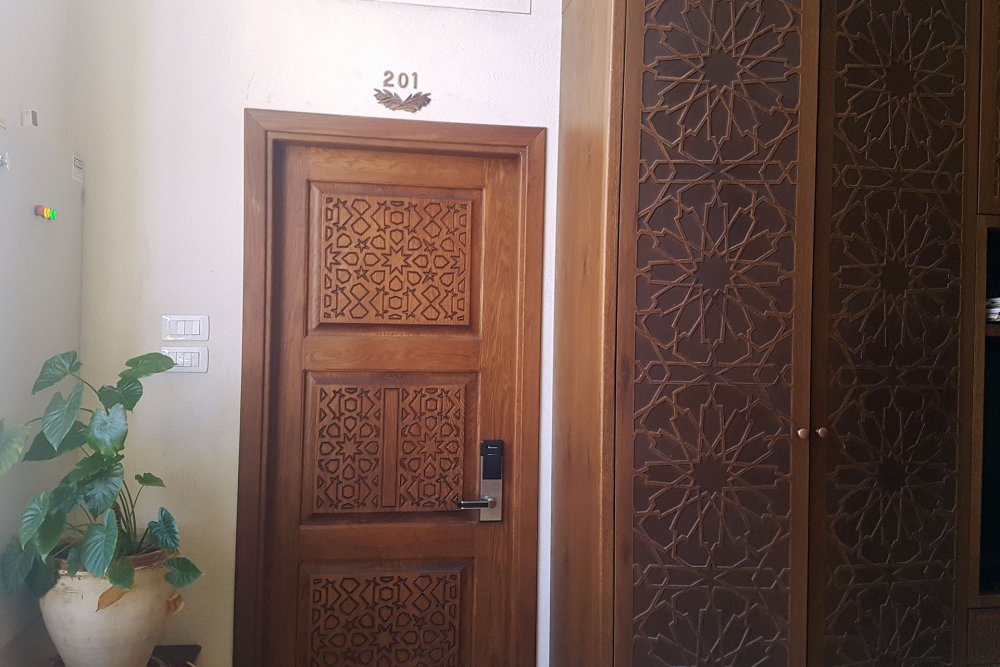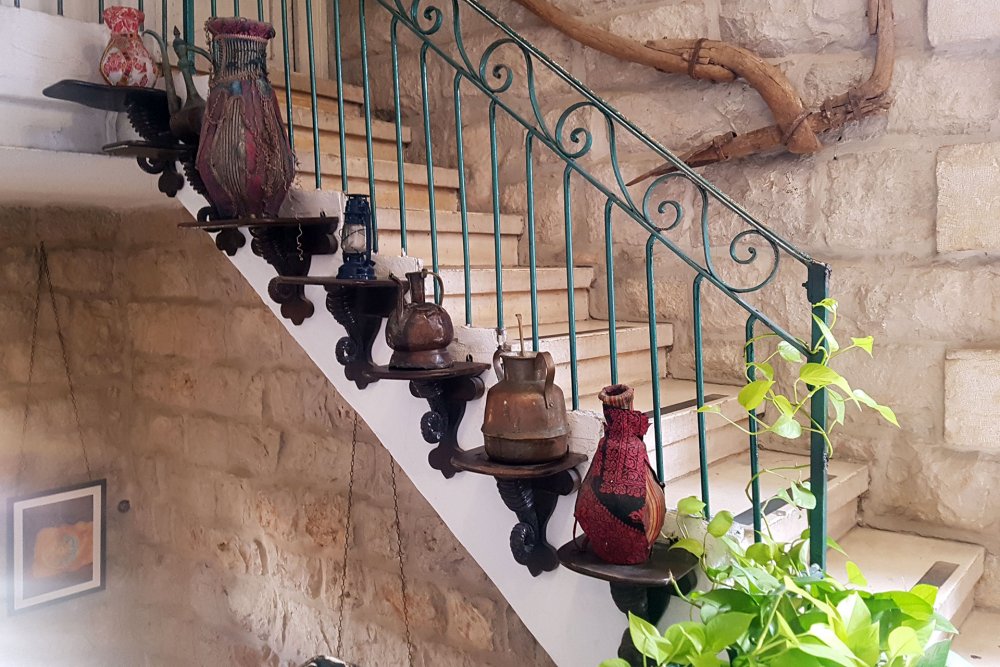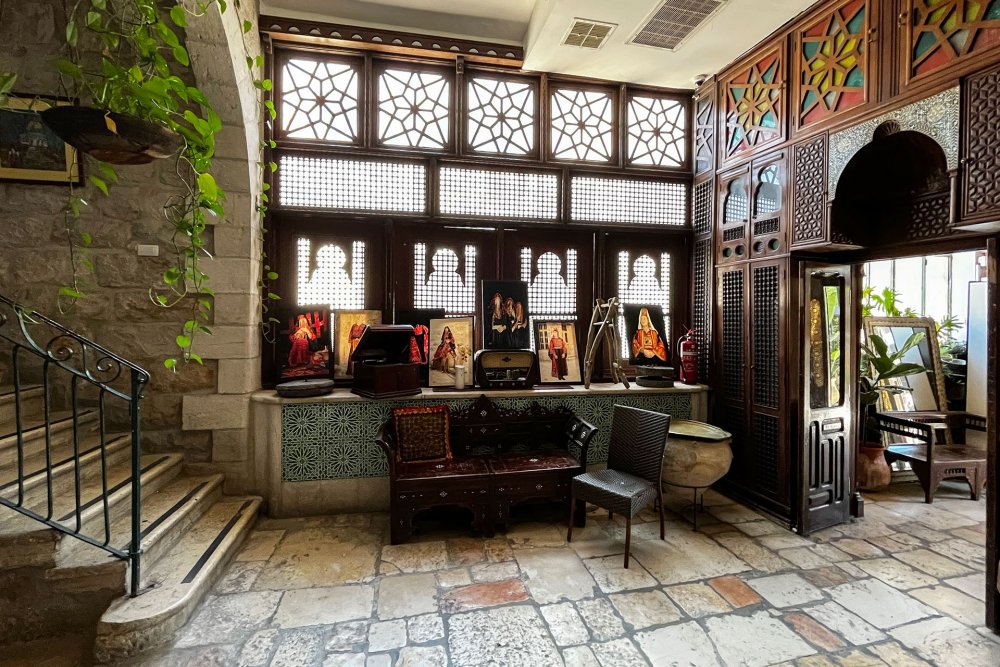After immersing ourselves in the beauty of the heritage and the antiquity of the building, we are confronted with the painful reality: the hotel is practically empty. During our stay, we encountered only two foreign journalists who have been renting a room since the outbreak of the current war to cover events in the country. Since October 7, 2023, the occupancy rate in the hotel has not exceeded 20 percent. Jerusalem is no longer a tourist destination due to the lack of security, which is considered the most important factor for tourists worldwide, according to Raed.
Before we bid him farewell, we asked Raed why he has remained in this place for 34 years despite the successive setbacks that have forced nearly half of Jerusalem’s hotels to close their doors. According to data from the Jerusalem Tourism Association, which Raed also heads, the number of hotels in the city has decreased from a high of 40 after the 1967 War to just 24, with only 1,200 hotel rooms.
He explained why he keeps the hotel open. “I am convinced that a place like this, next to Damascus Gate, cannot be given up. All circumstances must be challenged in order to preserve it, because it is in the heart of Jerusalem. This is my duty, and I cannot think in terms of profit and loss, because tourism in this city flourishes one year and then declines the next.”
As we headed to the wooden door to exit the hotel, Raed bid us farewell with an optimistic smile. We paused to take another look at the hotel’s wooden door, inscribed with another verse by al-Mutanabbi: “O you whom our conscience finds it difficult to part with, everything after you is nothingness.” Jerusalemites might consider that verse to express their attachment to their city.

